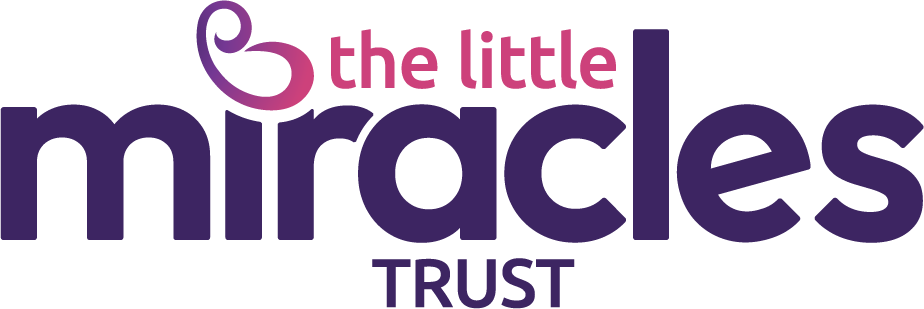41 weeks
Harrison was born at 9:01pm on 26 April by emergency caesarean at 41 weeks. He was struggling to breath and at one stage he had to be revived. After being transferred to the Special Care Baby Unit (SCBU) at Hutt Hospital, a team from the Wellington Neonatal Intensive Care Unit (NICU) were called out to pick Harrison up by ambulance and take him to Wellington where he arrived at 1:30am.
He continued to deteriorate and at 9:00am they decided he had to be flown to Auckland. The staff had recommended we call the family priest and so he was baptised and confirmed in the unit as the Life Flight Trust crew waited to take him away. He was taken by ambulance to Wellington airport, and put on a Life Flight plane. We were lucky that they also arranged for Fiona (accompanied by a nurse), my brother and Fiona’s parents to travel on the flight. At Auckland two ambulances were waiting on the tarmac, one for Harrison and one for Fiona. They had even arranged a taxi for Fiona’s parents and my brother.
Harrison’s ambulance raced to the National Women’s Hospital where he was placed on a high frequency oscillating respirator. By the time we arrived he was all hooked up and his whole body was vibrating from the machine. My brother arranged for motel accommodation next to the hospital and I tried to get some sleep for the first time in over 24 hours. Five minutes after I turned the light out the hospital phoned to say Harrison’s heart was failing and that they were taking him to Greenlane Hospital to operate. I ran to the National Women’s Hospital and travelled with Harrison in his fourth ambulance to his fourth hospital in 24 hours. At approximately 10:30pm they operated on him and connected him to a heart and lung bypass machine called ECMO (ExtraCorporeal Membrane Oxygenation). He was suffering from severe Meconium Aspiration Syndrome. A case of his severity is apparently only seen about once every two years.
Whilst on the machine he was kept in a drug induced coma and thinning agents were added to his blood. As a consequence there was a high risk of brain bleeds and therefore brain damage. As a result he received a brain scan each day and we always looked forward to those results.
Two attempts to wean him off the machine failed but the third attempt was successful after eight daysand he was transferred back to the National Women’s Hospital after he was stable. After twelve days in Auckland we were flown back to Wellington. Harrison was transferred to the SCBU at Lower Hutt Hospital (where he had started life) so we were closer to home. Harrison remained there for a further five weeks before coming home for the first time. We were told there was a 50/50 chance he would have cerebral palsy but we wouldn’t know until he was one. He came home with an apnoea monitor in the event he stopped breathing.
The doctors refer to Harrison as a miracle. He is now a normal healthy eight year old.
Words can never express the gratitude Fiona and I have for what the staff in all four hospitals and Lifeflight did for Harrison. They are all very special people who have touched our lives as well as Harrison’s and our lives will forever be enriched for the experience of having met them.

